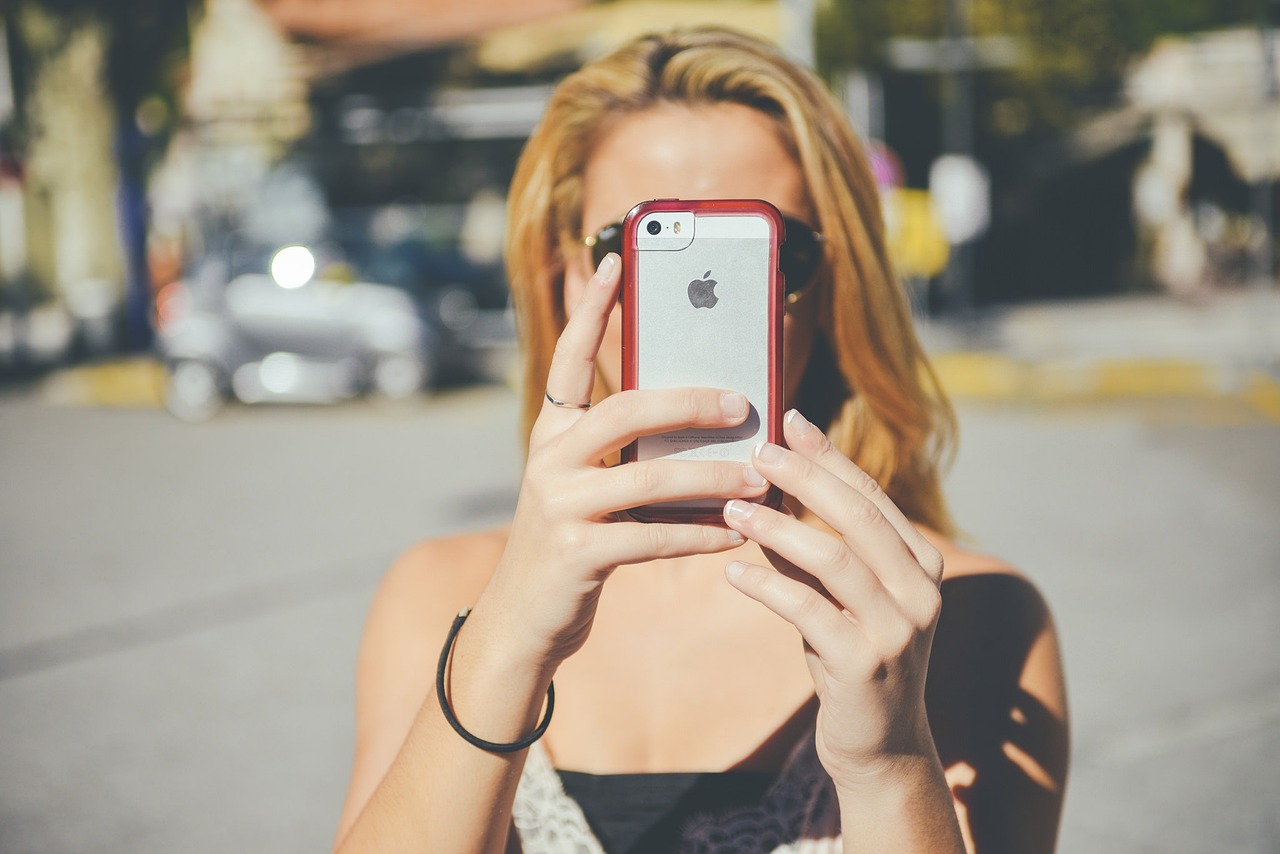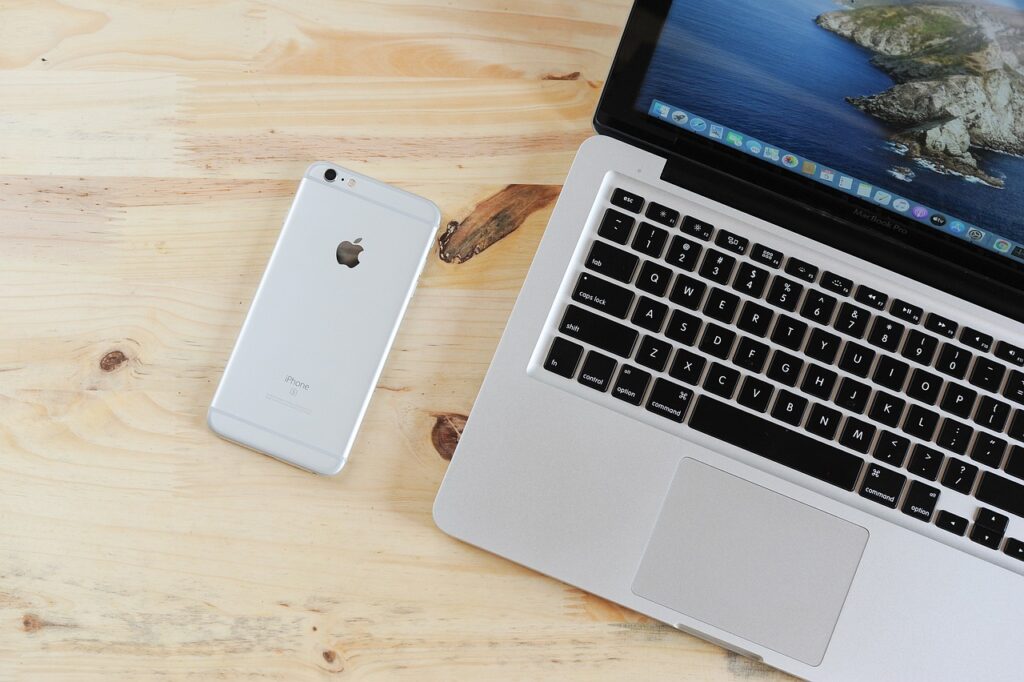How the iPhone operating system handles security and privacy

How the iPhone operating system handles security and privacy: Security and privacy are becoming increasingly important considerations for mobile users, as hacking and data breaches become more frequent. Since its release in 2007, Apple’s flagship mobile device, the iPhone, has had an impressive track record of protecting its users against malicious attempts to access their personal data. In this article, we will explore how the iPhone operating system (iOS) handles security and privacy.
To start, Apple’s mobile operating system is known for its robust security features. This includes a range of security protocols, such as encryption, authentication, and application sandboxing. Encryption is used to scramble the data stored on an iPhone so that only authorized users can access it, while authentication ensures that only those authorized are able to act as administrators of the device. Finally, application sandboxing isolates an application from other processes and prevents malicious code from affecting the entire system.
Additionally, iPhones have a feature known as Touch ID, which allows users to set up biometric authentication to secure their devices. With Touch ID, users can lock down their phones in order to keep unwanted visitors out. Touch ID is also used in conjunction with Apple Pay to protect payment information, and users can use it to quickly unlock secure notes and third-party apps without having to enter a password.
As for privacy, Apple has implemented a stringent set of data privacy and opt-in rights for users. These controls enable users to determine what type of data their iPhone will access, which is then encrypted and stored on the device or in the cloud. The system also allows for granular permission controls for app downloads, which requires users to grant permission to each app before data can be accessed.

While these features offer strong protection against malicious attacks, users may still find themselves vulnerable to privacy breaches. To address this, Apple’s iOS has a number of privacy settings that are designed to restrict what types of data third-party apps can access. These settings include limiting which apps have access to the user’s location, contacts, calendar, and photos. Users can also choose to limit the amount of data that is collected and shared with third-party services.
However, it is important to note that even with all of these measures in place, users need to be careful when downloading apps, as malicious software can still be disguised as a legitimate program. To prevent this, users should be sure to check reviews before downloading apps, and they should always be aware of the permissions they grant to any third-party services.
In conclusion, the iPhone has a number of security and privacy features to help keep users safe. A combination of encryption, authentication and application sandboxing provides robust protection for data, while Touch ID and granular permission controls help secure personal information. Additionally, privacy settings allow users to control which types of data third-party apps can access while remaining vigilant when downloading apps helps ensure that malicious software is not installed on the device. In short, the iPhone operating system is designed with user security and privacy in mind, and users can take these measures to ensure the highest level of protection.